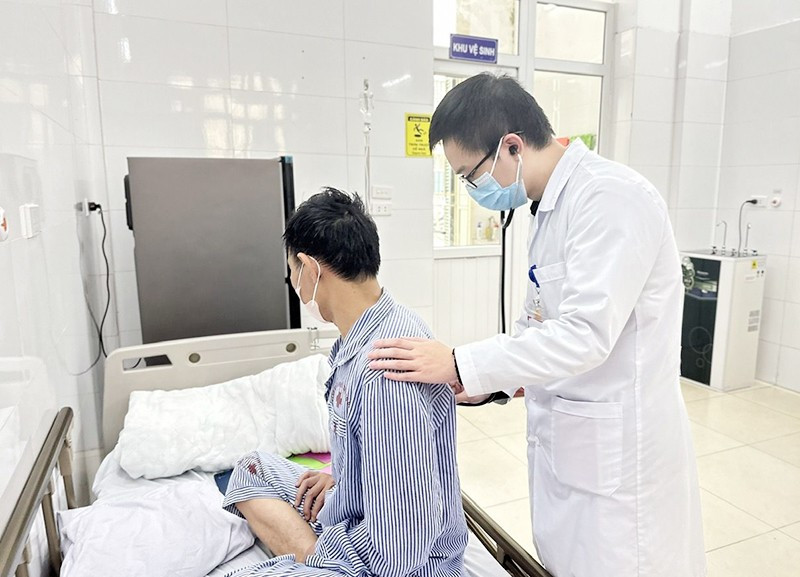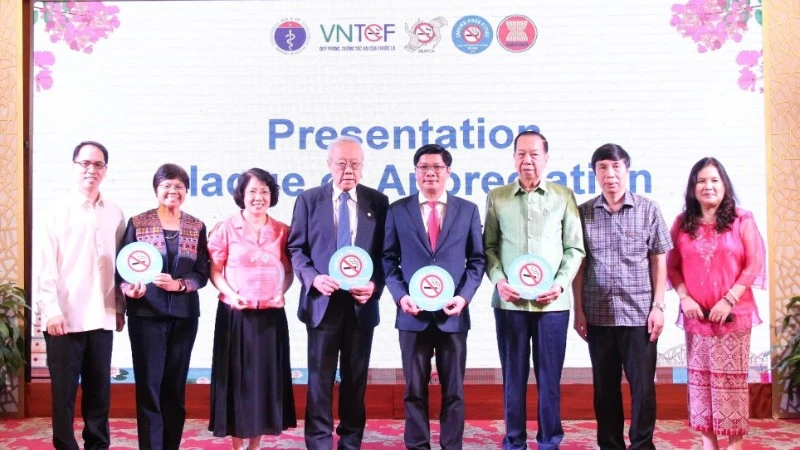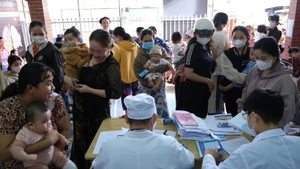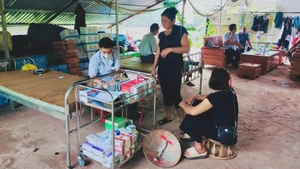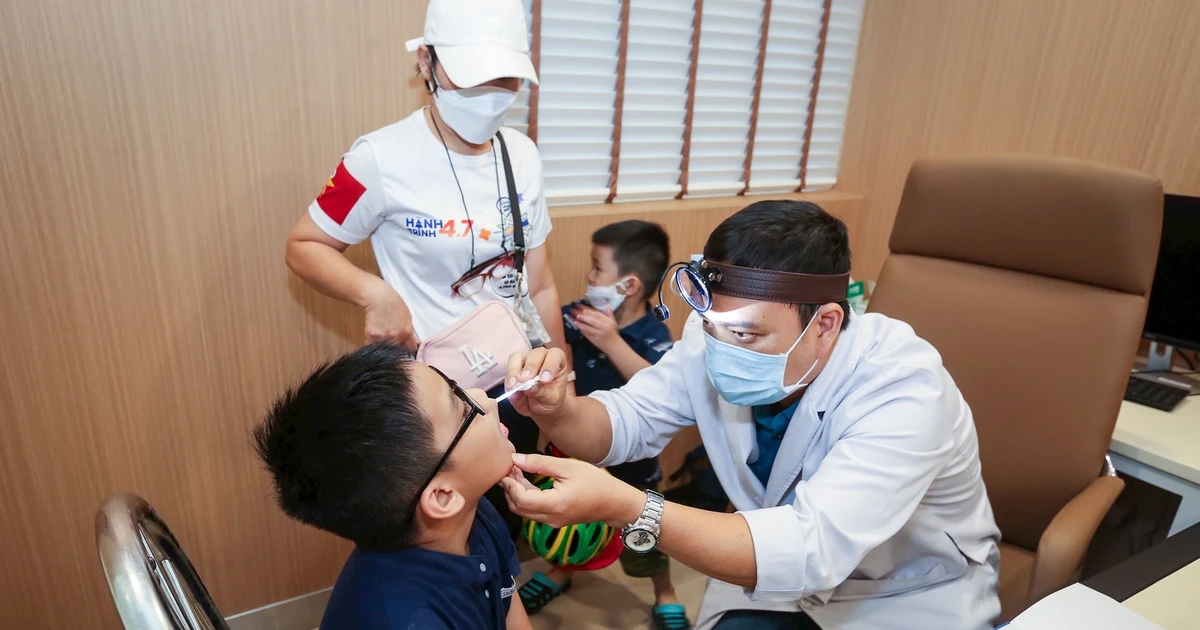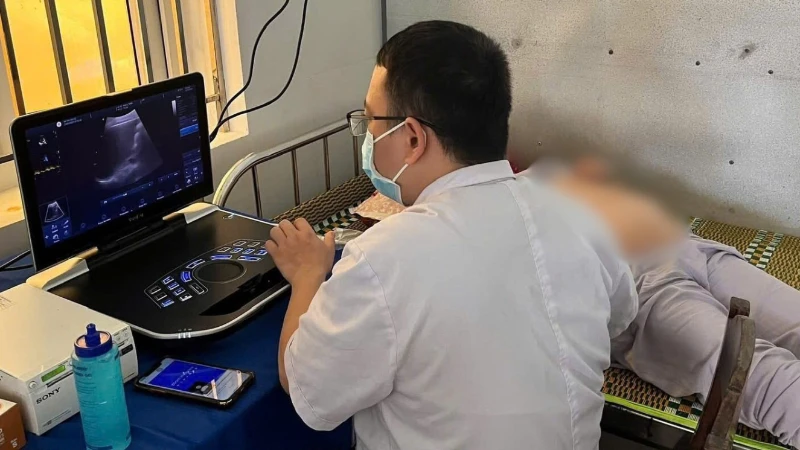On March 24, 1882, in Berlin, Germany, Robert Koch announced the discovery of tuberculosis bacillus, opening the way to diagnose and treat this disease.
However, 142 years have gone by since the discovery of tuberculosis bacillus, and tuberculosis is still a serious public health problem globally.
March 24 has been chosen as World Tuberculosis Day to raise community awareness about the serious effects of tuberculosis on health, economy and society, thus promoting joint efforts to end tuberculosis.
Tuberculosis prevention in the world turned to a new page after the successful United Nations’ high-level meeting on the fight against tuberculosis in September 2023, during which participating countries demonstrated their commitment and determination in stamping out the disease.
According to the WHO’s annual Global Tuberculosis Report, 7.5 million people were diagnosed with tuberculosis in 2022, making it the highest figure recorded since the WHO began global tuberculosis monitoring in 1995.
The recovery of tuberculosis prevention worldwide, especially in countries with the highest tuberculosis burden in 2022 and 2023, laid a foundation to continue realising the goal of ending the disease globally. If countries comply with their commitments, it will help save about 45 million lives from tuberculosis between 2023 and 2027.
In Vietnam, following the theme ‘Yes! Vietnam can end tuberculosis’ the Ministry of Health and the National Tuberculosis Programme called for active participation and support from ministries, branches, organisations and the entire society to ensure financial resources and sustainable policy to enhance the detection and treatment of people with tuberculosis.
Expanding public-private health coordination and expanding diagnostic access at general and specialised medical facilities outside the national tuberculosis programme system is also an important factor in reducing the burden of the disease.
To achieve the goal of ending tuberculosis in Vietnam by 2035, it is necessary to mobilise joint efforts from relevant sectors and authorities at all levels, as well as the active response of the entire society.
Vietnam is currently ranked 11th out of the 30 countries with the highest burden in the world and faces a risk of outbreaks in the community.
In 2023, it is estimated that the whole country recorded an additional 172,000 cases and about 13,0000 deaths from this disease, even higher than the number of deaths from traffic accidents.
It is noted that the number of tuberculosis cases detected in Vietnam each year only accounts for about 60% of the total number. Thus, there are still nearly 40% of tuberculosis patients in the community who have not been detected and treated.
 |
| A doctor provides consultancy for TB patient (Photo: VNA) |
In the coming time, the health sector should pay attention to strengthening the role of the grassroots health system in tuberculosis prevention and control.
The ministry should also accelerate the application of new diagnostic tools, medicine and vaccines, as well as new interventions and approaches to detect and treat tuberculosis to cut off the source and the spreading of infection in the community.
In addition, it is crucial to step up communication programmes to raise public awareness and community practices in response to early detection and treatment of tuberculosis.
In localities that have not yet established specialised hospitals for tuberculosis, the ministry must work out proper measures to equip local health workers with proper knowledge and practice on tuberculosis infection prevention and control.
The Ministry of Health has also assigned the Central Lung Hospital to develop a guideline for implementing proactive and positive detection of tuberculosis, latent tuberculosis and some respiratory diseases in the community and medical facilities.
Once approved, the document will serve as the basis for provinces and cities nationwide to mobilise the participation of local authorities, departments, branches and organisations to actively participate in activities to strengthen the detection and treatment of tuberculosis, aiming to end tuberculosis in Vietnam by 2035.
